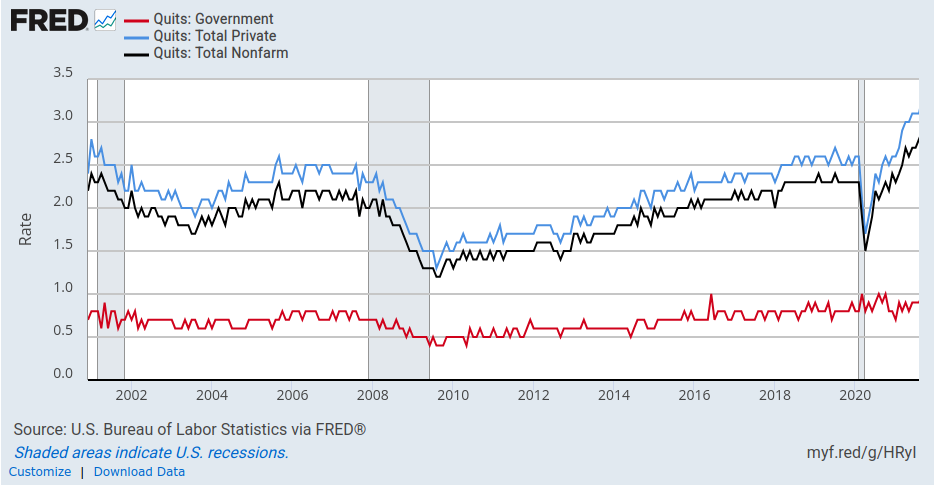Mutual Solidarity Unions
Of the struggle for worker’s liberation, unions have found themselves to be an indispensable tool for guaranteeing worker’s rights. Yet an issue lies in its organization; many unions find themselves co-opted by the capitalists, or they find themselves trapped in a cycle of fruitless negotiations with no true progress to be made. Unions such as the United Steelworkers find themselves in constant concession, having to sacrifice their noble goals, in favour of simple survival. This is a flaw in the methodology; as negotiation requires concession, and that reduces potency. Even more damning is the due structure of unions- a structure which prevents those who lack economic flexibility from achieving proper incorporation into the system, reducing solidarity and power. Other unions, such as the Industrial Workers of the World, provide services outside of the company system- focusing on mutual aid and true solidarity over concessions and negotiations. And as a result of this, the membership generally finds themselves more favourable conditions simply due to the fallback they provide. And yet membership stagnates, as without membership en masse any threats of strike or boycott is met with no sense of urgency, as the employers send in scabs to replace those that take leave.
However, one often forgotten aspect of select unions is the Mutual Benefit Association. Common among government jobs (another proof that mutual aid and unions are truly effective), MBAs act as a ‘mutual aid fund’ of sorts for the members- they provide a sliding scale due system (facilitated by regular assessments), and in turn provide things such as insurance and cover cost-of-living expenses as needed. A result of this style of organization is that workers under this form of union find their needs met more consistently then those without. Although the true effect is hard to properly observe (due to reasons we will get into), it can theorized to be a factor which attributes to the longevity of employment under government facilities compared to private production sectors.

Yet an issue does arise; government employees are paid more on average. Not only does this skew attrition data, but it also forces us to confront that the Mutual Benefit Association structure is reliant on higher pay checks (a luxury those in the private sector do not hold). Still, an option does exist that I shall propose here; Mutual Solidarity Unions. The key idea behind this is that it operates in a similar function to a commune- yet at a separate scale. Meaning that the worker’s full salary enters into the MSU, this serves as the basis for the ‘mutual aid fund’. From this mutual aid fund, each worker is allotted an allowance for essentials, corresponding not only to their needs but to the total workers and size of the mutual aid fund itself. Alongside this, they are granted a fixed allowance for luxuries, in order to respect worker autonomy under the capitalist system. The remainder of this mutual aid fund is used as strike funding, autonomous insurance, and any other costs of operations.
Furthermore through this system, we can leverage collective power and enforce a ‘tax’ upon the company which chooses to employ a worker from the union. A tax which is in direct correlation to the number of workers employed, with discounts provided for safe work places, threatening a mass strike if the tax is not paid in full. Of course, these taxes would only be implemented once the MSU holds a majority of the workers for that company; but as we have seen from the MBA structure and the IWW structure, people will seek this out, if only due to the benefits it provides. Furthermore, once revolution is realized this MSU structure allows for easier transition into the communist society built on syndicalist principals; as it acts as a form of worker self-organization that can be applied without the revolution first occurring.